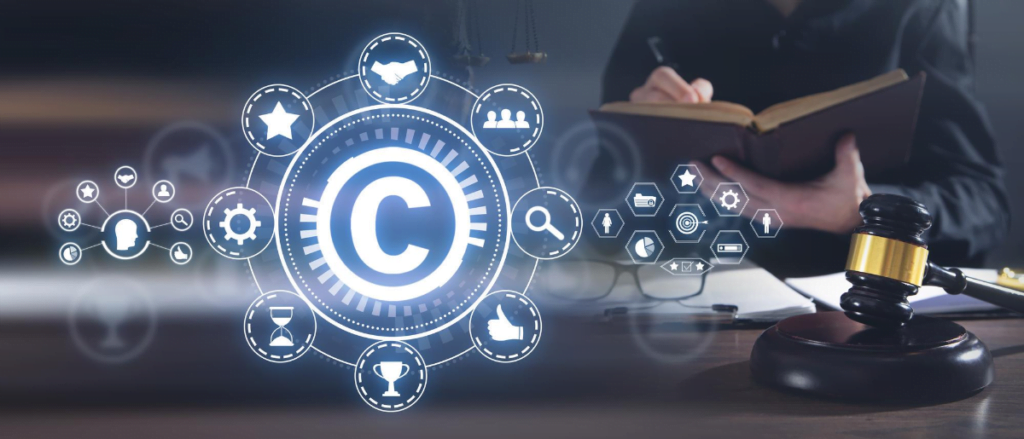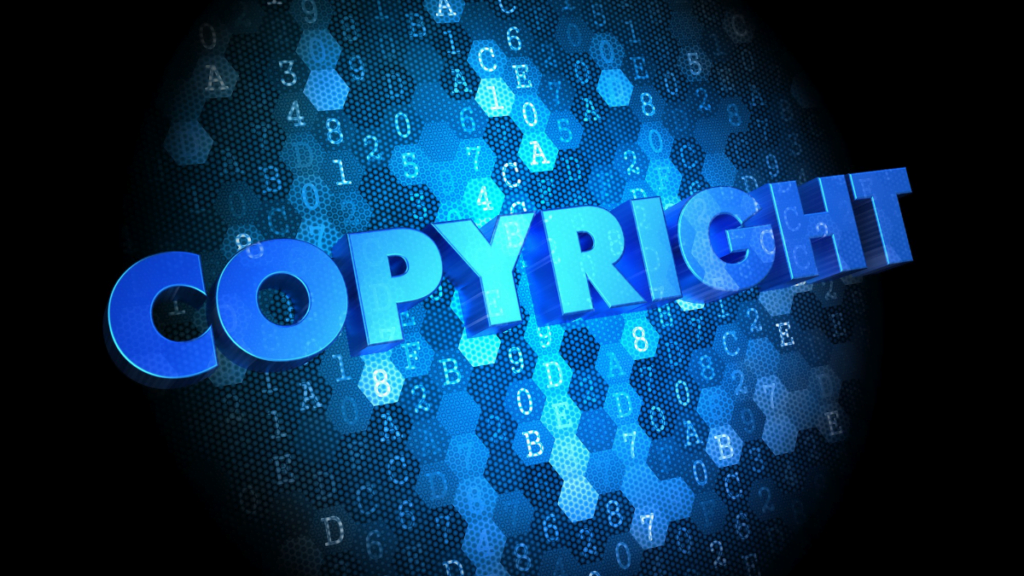Whether it’s writing articles, generating artwork, or composing music, AI’s role in the creative sphere is expanding. However, this growing involvement raises essential questions about copyright and ownership. Who owns the rights to AI-generated content? Is it the creator, the user, or the AI software provider? This article aims to explore these complex issues, examining legal frameworks, and highlighting key cases that set precedent.
Legal Frameworks in Copyright Law
Traditional copyright laws were designed long before the advent of AI, making their application to AI-generated content murky at best. According to the U.S. Copyright Act, for instance, works must be created by a “human author” to be eligible for copyright protection. Similarly, the United Kingdom’s Copyright, Designs and Patents Act 1988 states that a work must have a “human author” to be copyrighted. Clearly, these legal frameworks do not account for AI’s role in content creation, creating a legislative void that needs to be filled.
The Software Provider’s Perspective
From the perspective of AI software providers, the terms of service often include clauses that grant them the right to use or distribute AI-generated content. For instance, Google’s terms of service for its AutoML product stipulate that Google may use customer data to improve their services. While not directly addressing copyright, this raises questions about who holds the rights to derivative works generated through such services.

Case Studies and Precedents
In 2018, a portrait created by the Paris-based art collective Obvious using their AI algorithm sold for over $432,000 at Christie’s auction house. The case garnered attention not just for the staggering price tag, but for the questions it raised about intellectual property. Obvious maintained that they should own the copyright since they trained the algorithm, a notion that is not universally accepted.
Another significant case was that of AIVA, an AI that composes classical music. AIVA was officially registered with France’s authors’ rights organization, SACEM, leading to questions about whether AI can hold copyrights.
Emerging Trends
Recently, some countries have started to address these issues through legislation. Japan, for instance, proposed guidelines that consider giving copyright to the developer of the AI software for AI-generated works. These changes, though incremental, indicate a growing awareness of the need for updated laws that consider the capabilities of modern technology.
Conclusion
The intersection of AI and copyright is a complex, evolving issue that challenges traditional legal frameworks. The advent of AI in content creation necessitates a reevaluation of existing laws and policies. Until then, the questions of ownership and rights will continue to be a subject of debate among creators, legal experts, and technologists.




